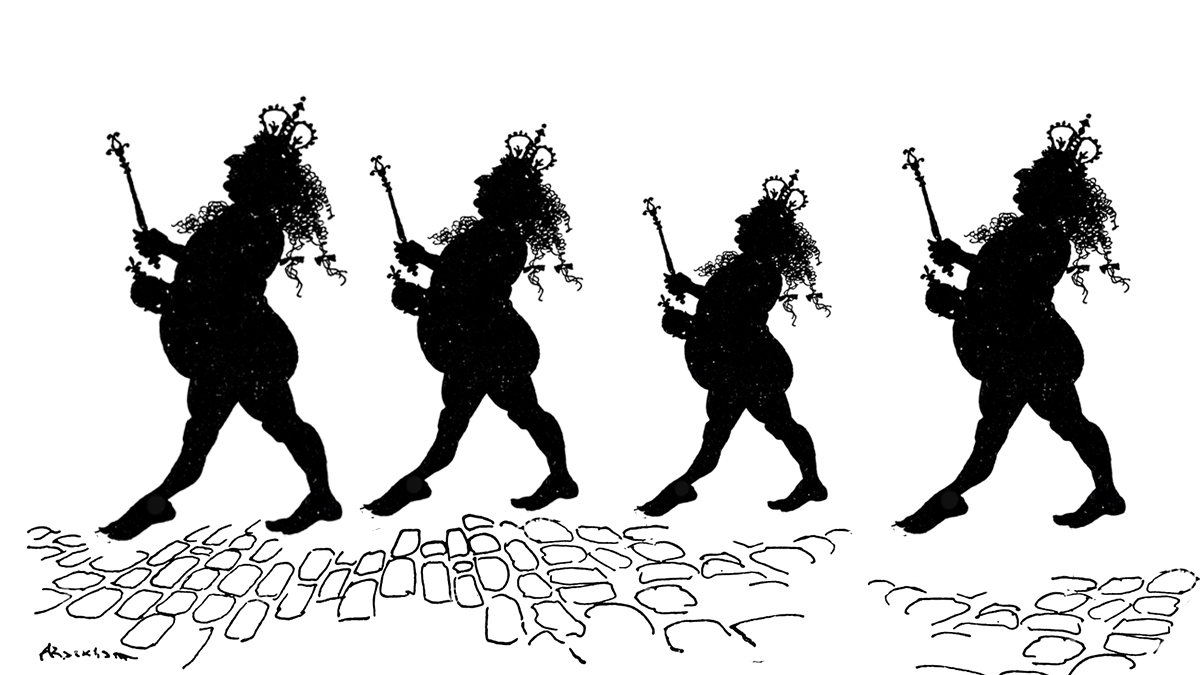Terry Dunleavy
The Climate Commission claims that “We provide independent, evidence-based advice to Government to help Aotearoa New Zealand transition to a low-emissions and climate-resilient economy.” Note “…evidence-based…”
Spending huge amounts of money on a low-emissions economy is only justified if there is scientifically convincing evidence that man-made greenhouse gases cause dangerous global warming. If there’s no evidence forget it!
The NZ Climate Science Coalition (NZCSC) have been asking for this evidence for several years and has offered a $10,000 prize for it. It has not been claimed.
We asked the Climate Commission to provide the evidence. The “Engagement and Communications Team” responded that they relied upon the consensus views of climate scientists. We pointed out that many major scientific discoveries have defied the consensus and that science is all about real-world evidence. Politics and religion rely on consensus: science ignores it. The Commission responded that the major global scientific institutions agreed with the consensus. So what?
The Communications Team also referred us to the IPCC AR5 report and the NASA website. We told them that the AR5 technical reports describe major uncertainties in key factors fed into the climate models. One crucial factor forces the model to predict that man-made greenhouse gases cause dangerous global warming. In other words, the models don’t come to that conclusion of their own accord: they’re told what to predict.
We pointed out that NASA also relies on consensus and also states: “Climate warming trends over the past century are extremely likely due to human activities.” The term extremely likely reflects the beliefs of the people involved but doesn’t provide convincing evidence. Real world evidence is needed.
The Commission advised us to publish a paper in a peer-reviewed journal refuting man-made warming. So they’re saying, “We don’t have any evidence but if you can’t prove it’s wrong, then it’s true,” which is nonsense. It is entirely up to them to bring convincing evidence supporting their contentions and it’s not anyone else’s job to prove they’re wrong. The people of New Zealand deserve to know what scientifically acceptable evidence supports their belief that man-made greenhouse gases cause dangerous global warming.
Since the above exchanges failed to provide convincing evidence, the NZCSC wrote to Dr Rod Carr, who leads the Commission, asking for the evidence the Engagement and Communications Team do not appear to possess. The letter said that if he cannot do so, he should inform the government that the Commission should be disbanded. He replied that he supported the responses of the Communications team. For him consensus rules. He did not even attempt to rebut our critique of the responses.
Only one conclusion is possible: the Climate Commission do not have any scientifically acceptable real world evidence that man-made greenhouse gases cause global warming.
We note that the Climate Commission is not on its own. Its inability to provide evidence when formally requested is shared by the Royal Society of New Zealand, the Royal Society (London), Professor James Renwick and the IPCC. We have the correspondence on record.
The NZCSC would agree that the world has been warming while emerging from the Little Ice Age (1300 – 1870) and the cold dip around 1910. But there is no evidence of a significant man-made influence in any of that. The world has been on a cooling trend since 2016.*
Billions of dollars are being squandered and our agricultural industry is being seriously damaged because of an unsupported belief that man-made global warming is real and dangerous.
Clearly, the first task of the Climate Commission is to carry out a scientifically acceptable search for the evidence that is needed to support its very existence.
Until that is done the Emperor of the Climate Commission has no clothes!
* Google: thegwpf.org state of the climate
If you enjoyed this BFD article please consider sharing it with your friends.

